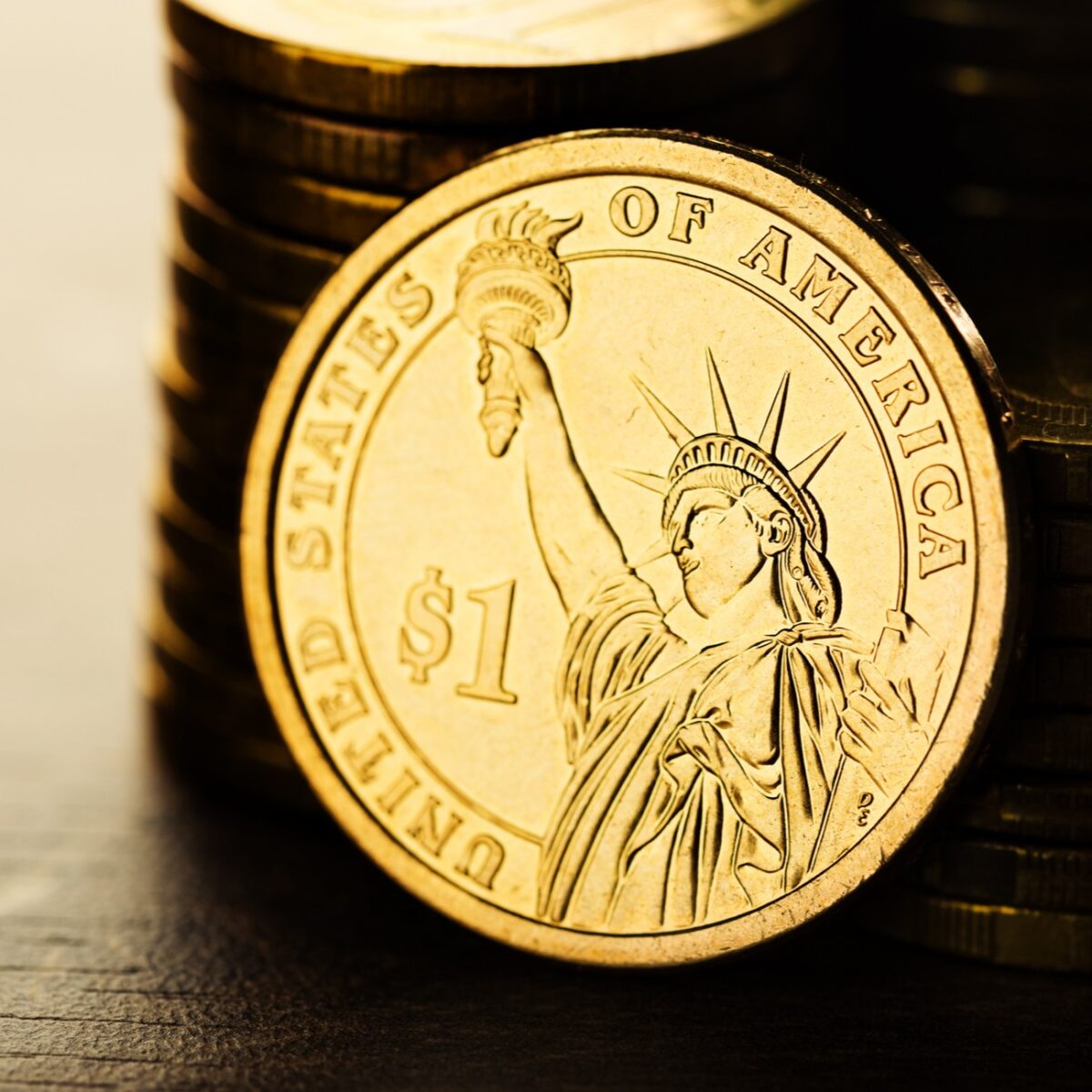PALO ALTO, Calif. (Reuters) - The Federal Reserve is taking a look at a broad variety of problems around digital payments and currencies, including policy, style and legal considerations around potentially issuing its own digital currency, Governor Lael Brainard stated on Wednesday. Brainard's remarks recommend more openness to the possibility of a Fed-issued digital coin than in the past." By changing payments, digitalization has the prospective to deliver higher value and convenience at lower expense," Brainard stated at a conference on payments at the Stanford Graduate School of Service.
Reserve banks globally are discussing how to handle digital financing technology and the dispersed ledger systems utilized by bitcoin, which assures near-instantaneous payment at potentially low expense. The Fed is establishing its own day-and-night real-time payments and settlement service and is presently evaluating 200 comment letters sent late last year about the proposed service's style and scope, Brainard said.
Less than two years ago Brainard informed a conference in San Francisco that there is "no compelling showed requirement" for such a coin. However that was before the scope of Facebook's digital currency aspirations were extensively understood. Fed authorities, including Brainard, have actually raised concerns about consumer protections and data and personal privacy Home page dangers that could be positioned by a currency that could enter into usage by the third of the world's population that have Facebook accounts.
" We are collaborating with other reserve banks as we advance our understanding of reserve bank digital currencies," she said. With more countries looking into releasing their own digital currencies, Brainard stated, that contributes to "a set of factors to also be making sure that we are that frontier of both research study and policy development." In the United States, Brainard said, problems that require research fed coin stock study include whether a digital currency would make the payments system much safer or simpler, and whether it might posture monetary stability threats, including the possibility of bank runs if cash can be turned "with a single swipe" into the reserve bank's digital currency.

To counter the financial damage from America's unmatched nationwide lockdown, the Federal Reserve has actually taken unmatched steps, including flooding the economy with dollars and investing directly fedcoin in the economy. The majority of these relocations received grudging acceptance even from lots of Fed skeptics, as they saw this stimulus as needed and something just the Fed could do.
My brand-new CEI report, "Government-Run Payment Systems Are Unsafe at Any Speed: The Case Against Fedcoin and FedNow," information the risks of the Fed's current prepare for its FedNow real-time payment system, and proposals for main bank-issued cryptocurrency that have actually been called Fedcoin or the "digital dollar." In my report, I go over issues about personal privacy, data security, currency manipulation, and crowding out private-sector competitors and development.
Proponents of FedNow and Fedcoin say the federal government must create a system for payments to deposit instantly, rather than encourage such systems in the private sector by lifting regulative barriers. But as noted in the paper, the economic sector is providing a seemingly endless supply of payment innovations and digital currencies to resolve the problemto the extent it is a problemof the time space in between when a payment is sent and when it is gotten in a bank account.
And the examples of private-sector innovation in this location are lots of. The Clearing House, a bank-held cooperative that has actually been routing interbank payments in numerous forms for more than 150 years, has Website link been clearing real-time payments since 2017. By the end of 2018 it was covering 50 percent of the deposit base in the U.S.